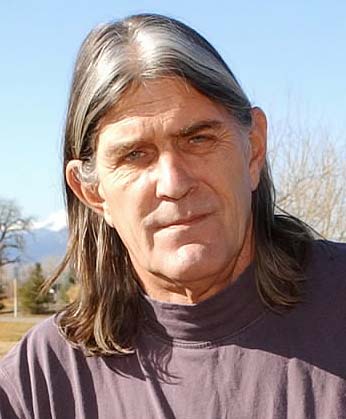The ongoing struggle for what can be claimed as tribal-nation citizenship rights seems to provide a never-ending battleground for ignorance, self-centeredness, individualism and fraud. In the case for dismissal from his university position, Ward Churchill provides a case in point.
Churchill had falsely claimed to be an Indian for decades. He got a professorship in the ethnic studies department at the University of Colorado in 1973, perpetrating a fraud through that claim, and got away with it for years and is still getting away with it. After he made his now-famous “little Eichmann” remark, the university has been trying to fire him for inadequate research credentials but NOT because his claim to Indian identity was unsubstantiated. In the subsequent investigations, Churchill was not charged with identity fraud by CU - Boulder in their effort to dislodge him from his position, yet that is what critic John P. LaVelle, professor of law at New Mexico School of Law, as well as countless other Native scholars throughout the United States, contend it was.
This failure on the part of CU to charge this academic with fraud reveals how little is understood of American Indian citizenship protocols and how without sympathy, such protocols are held by those in academia and elsewhere. Substantial investigations have shown that Churchill has no citizenship in any Indian nation and possesses no blood quantum or a blood relative to tie him culturally, politically or legally to a tribal legacy. Yet the charges against him ignore that particular aspect of his case, the aspect that is of utmost importance to indigenous rights activists, scholars and tribes.


No comments:
Post a Comment